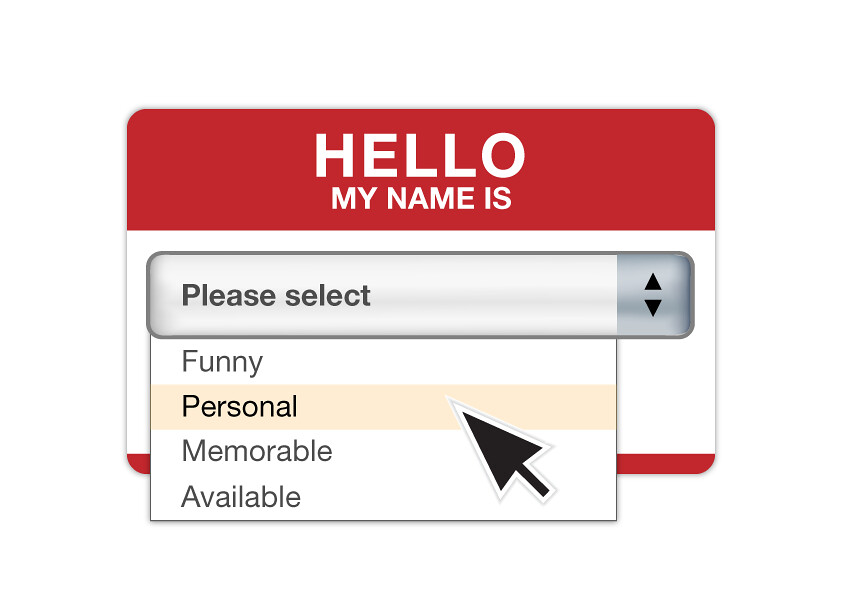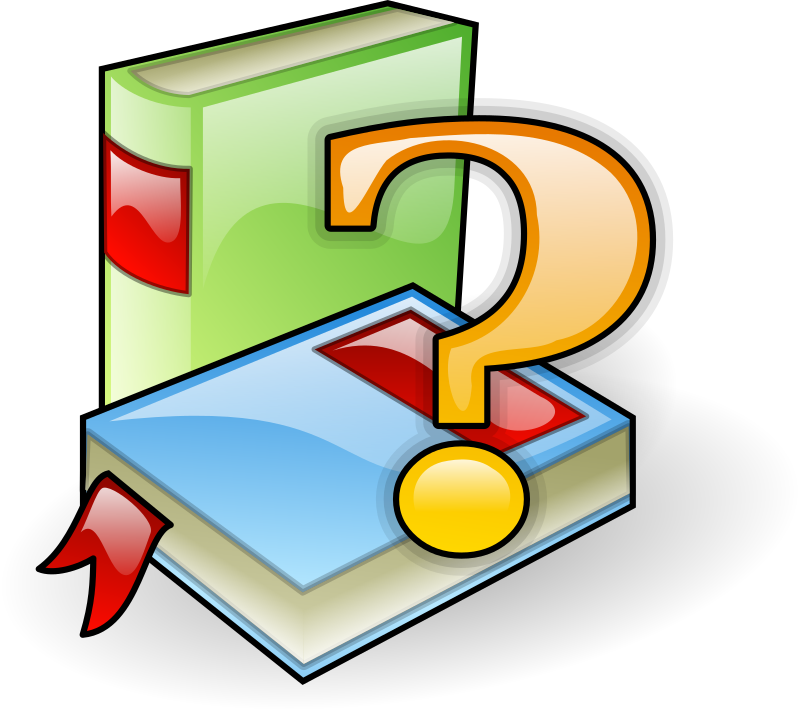In fiction, certain names have associations that you just can't shake. No YA author can include a "Bella" in their book, for example, and if you throw a "Romeo" out there it's just going to be a distraction. Some names have a deeper meaning and a preexisting link to another literary project. That's why you should avoid those names altogether.
Betty and Veronica
There are many, many names that are probably a bad idea when it comes to writing fiction. After all, Dagmar is a name. But when it comes to naming characters, be sure to avoid these 5:























